Calgary's retail, restaurant hot spots hoping for renewal and revival
Kensington, 17th Avenue S.W., Marda Loop longing for post-pandemic boost
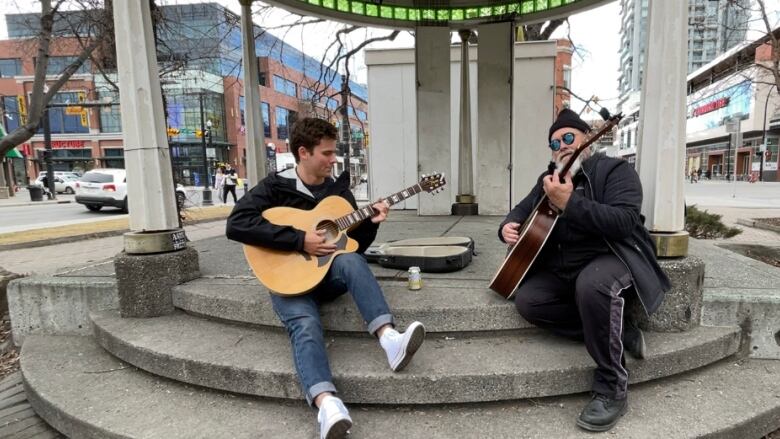
Three of the city's popular pedestrian-friendly places where Calgarians like to shop, dine and drink are hopeful that people will return to mixing, mingling and spending, now that warmer weather is on the way and most pandemic restrictions have been lifted.
It could prove challenging for some businesses, though, as government support programs end and debt that piled up during the pandemic will have to be paid off.
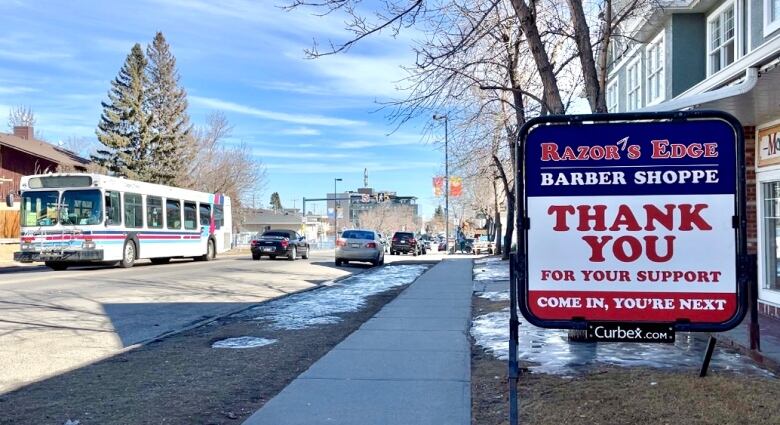
The executive director of the 17th Avenue Business Improvement Area said in a recent interview that while she didn't have an exact number, not very many of the area's 700-plus businesses were lost during the pandemic. She says any stores that didn't survive were quickly replaced.
"We are in a very coveted part of the city," said TuleneSteiestol.
"There always seems to be one or two businesses just chomping at the bit to get into that space," she said.
Steiestolsays there is a strong sense of entrepreneurial spirit and resilience in the district but she does worry that some of thechallenges faced by businesses over the past two years will linger.
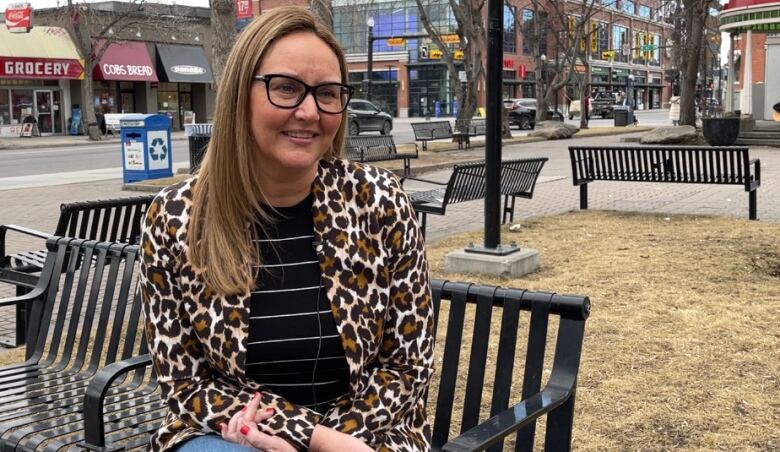
"I think it's really the financial responsibilities of what that'sgoing to look like, to keep staff going, to keep the doors open, while also maybe their debt load is higher than it has been in the last couple of years for them," she said.
Steiestol's group receives funding from every commercial businessin the district, money that is used to market the area and spruce it up.
Flower pots and new banners are planned in the short term, while a renovated Tomkins Park and a prominent entrance way or gateway into the Red Mile are on a long-term wish list.
Kensingtonrebounds
It appears more people are ready to return to pre-pandemic activities, and some bar and restaurant operators are taking note.
"Business has been picking back up, which is great," said Matthew Stewart, the general manager of Free House, a craft beer hall and restaurant in Kensington.
"One really nice thing for me is being able to host bigger parties. The 10-person maximum was kind of tough, especially at the end of December there. So just being able to host those bigger, fun parties has been great for us," Stewart said.
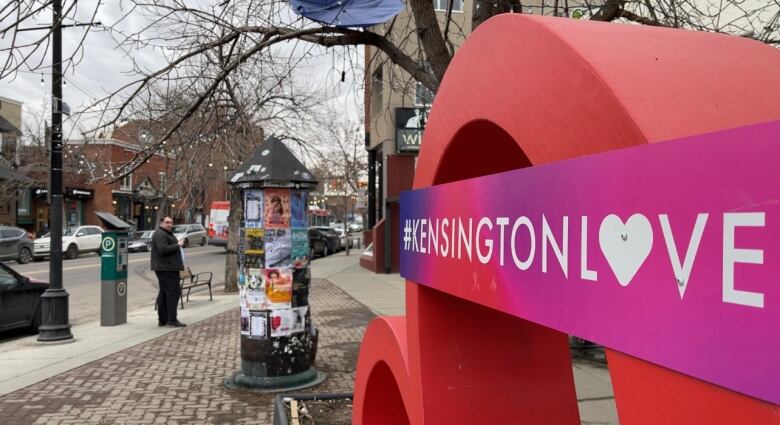
The executive directorof the KensingtonBusiness Revitalization Zone says the pandemic hit the area hard, but the recovery is underway.
Annie MacInnis says approximately 20 businesses were lost as a result of the pandemic, shrinking the number of commercial operations to 242 the lowest number in 20 years.But she says 28 businesses have since opened, and there are plans for fivemore.
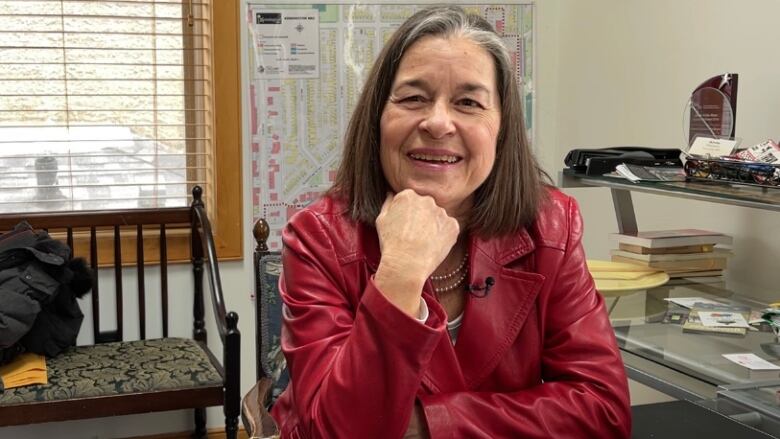
MacInnis says the importance of supporting local businesses was an encouraging sign during the pandemic. She says all three levels of government helped small- and medium-sized businesses stay afloat during the various wavesof pandemic-related restrictions that forced some businesses to close for weeks at a time. But she says Calgarians can always do more to support local businesses and services.
"We're not suggesting you need to do all your shopping locally. People are still going to buy from Amazon and online."
"But to be mindful about spending a certain portion of your shopping locally. So if you can consider an extra $10 or $20 or whatever a month spent locally, that's going to significantly help our economy," said MacInnis.
Marda Loop optimism
In Marda Loop, one of the city's other 15 business improvement areas, business owners are hoping to see more visitors and a return to more predictable, stable profit margins.
At Crabapple Clothing Company, a locally owned women's clothing store, sales plunged at least 30 per cent during the pandemic. But there is optimism that the worst may be over now that more people are going back to the office or planning to travel and are looking for something new to wear.
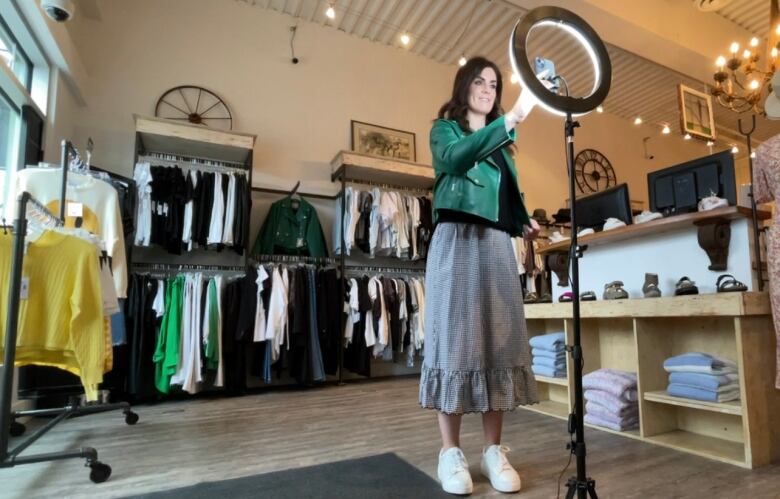
Owner Whitney Titheridge says she's learned a lot since March2020, when the pandemic was first declared. One of those lessons is that she no longer makes salesprojections.
"It'sone thing that the pandemic, to me, has outlined even more, is how inconsistent things are. It was already a pretty up and down, kind of all over the place scenario. But now I find it to be even more so," said Titheridge.
Titheridge says being part of a community with loyal customers and a supportive business improvement area has helped smooth out the ups and downs.
She says that during the pandemic, some of her customers simply purchased gift cards to show their support.
"I really have to just have a huge shout-out to those regular customers," she said.

Marda Loop is one of the city's smaller business improvement areas, but it is growing. A number of higher density residentialbuildings have sprouted up with retail and commercial spaces.
Along with the number of businesses, the population is increasing up10 per cent over the past five years, according to the executive director of the Marda Loop BIA.
Bob van Wegen says there are more businesses in the area now compared with the time before the pandemic.
"We don't have a lot of vacancies here. AndI think one of the reasons is that the business district here is very well embedded with a growing local residential community," he said.
That's not to say there aren't concerns about rising costs for business owners and consumers who may cut back on discretionary spending in the face of an inflation rate that's hit a 30-year high.
"I think that's a general anxiety, and is it specific to Marda Loop? Probably not," he said.
"People are worried about increased costs increased input costs, cost of doing business. And at the same time, they areworried about consumer spending, which might be suppressed because of inflation and other troubles coming out of the pandemic."
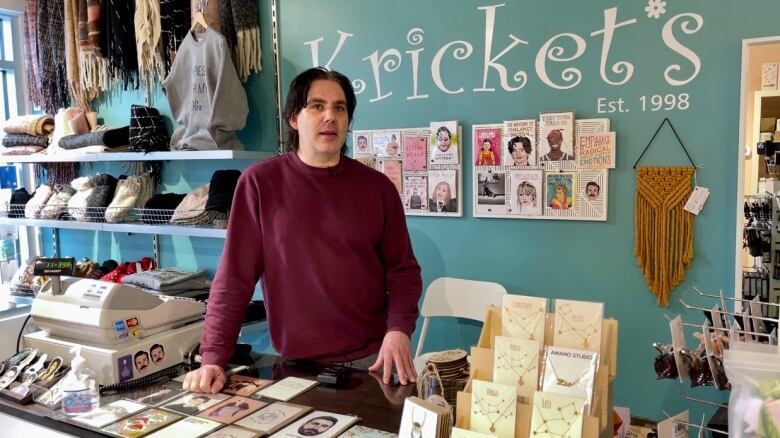
Next tothe Crabappleclothing store is Krickets, a greeting card and gift shop, which opened a year before the pandemic after a successful run on Fourth Street S.W. in Mission.
The store quickly began selling face coverings in 2020 and started selling online.
Owner Dan Faassen says some of his strongest sales numbers occurredduring the pandemic.
"I really don't have any complaints because it ended up working out well for us. And I think it brought us a bunch of new customers. So it was it was something I would have never expected."
Faassensays that after support fromthe various "shop local"campaigns, he's hoping the trend will continue as more people start to envision a post-pandemic way of life.
"It's just a matter of trying to maintain that. And once you get them in your door, hopefullythey enjoy your store enough that they'll come back."
It's something other shop owners and local business advocates are hoping to see as well.
Bryan Labby is an enterprise reporter with CBC Calgary. If you have a good story idea or tip, you can reach him at bryan.labby@cbc.ca or on Twitter at @CBCBryan.












_(720p).jpg)


 OFFICIAL HD MUSIC VIDEO.jpg)
.jpg)



























































































